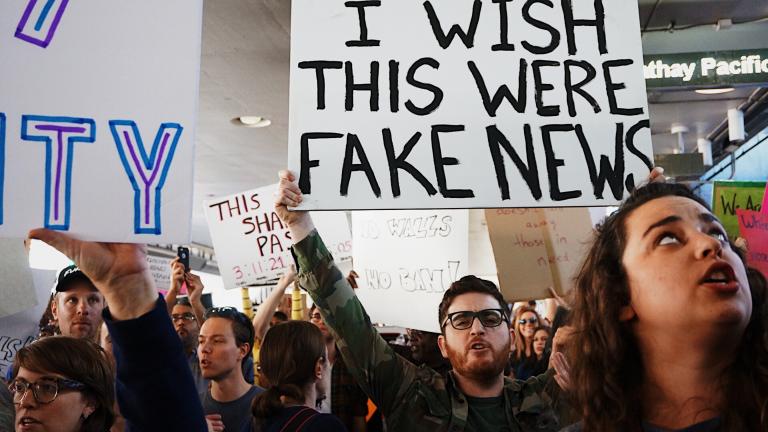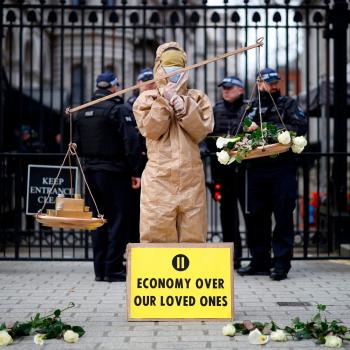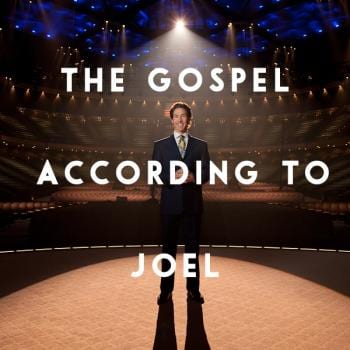
Research Suggests Inclusivity is Actually Hurting the Church
“But here’s the punchline: The strategies that Eaton, Evans, and BuzzFeed insist will bring millennials flocking back to church are consistently destroying congregations and denominations that implement them[5].”
You see, mixing politics with your church, these days is like pouring orange juice into your cereal…You don’t even want to taste it because you already just know [instinctually] it’s not going to be good; similarly, mixing politics with religion is a sure fire way of causing unnecessary tensions that’ll inevitably lead to your church splitting; nobody wants that.
It’s no coincidence that the fasting growing religious affiliation is said to be the “nones” while simultaneously the largest political party consists of those registered now as “independents.”
We don’t attend church, usually, to discuss politics. Most of us attend church to find some form of stability (e.g. community, empathy, hope, escape, etc.).
People just don’t trust the politician anymore; becoming too political as a church is not just polarizing but it confuses the pastor as a potential politician. It sends mixed messages and leaves nothing but a bad aftertaste in one’s mouth.
I’m not saying we should be moderate on certain issues, but, interestingly enough, if you want your church to grow, it seems and feels as if remaining moderate is your way to go. We look at the major denominations that have taken political stances and all we see, across the board, is that their ships are not just sinking but, people are fleeing, and then repeatedly dividing.
Fellow Patheos author G. Shane Morris wrote in a piece originally published for breakpoint.org, that Episcopalian churches “which performs gay marriage ceremonies, supports abortion, and long ago gave up anything like a serious reading of the Bible, plunged from 3.4 million members in 1992 to 2.3 million in 2002. According to the National Council of Churches, the decline has continued at a rate of almost 3 percent annually. Today it’s at around 1.75 million members. If nothing drastically changes, the Episcopal Church could be functionally extinct within decades(2).”
And, it’s not just limited to the Episcopalian church; it’s the PCUSA, the UMC, the ELC, etc…
He goes on to highlight the fact that, “meanwhile, evangelical denominations have thrived, adding 2 million members from 2007 to 2014.(3)” Pinning the reason to be what “David Haskell reports in the Washington Post that for Protestants, conservative theology strongly correlates with church growth, while liberal theology predicts decline.”
The keyword here is “correlates.”
While the exact cause has yet to be fully defined through research this correlation is tough to argue.
But, here’s what we must remember…















